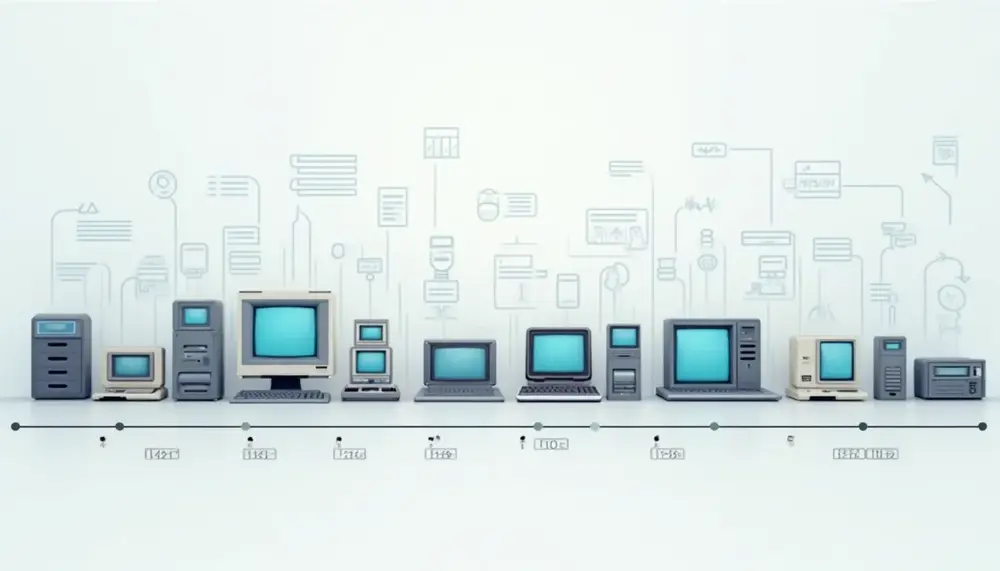Personalization
Personalization
Personalization in Knowledge Management
Personalization is a key concept in Knowledge Management. It involves tailoring information and resources to meet the specific needs of individual users. This makes it easier for users to find relevant information quickly.
Why is Personalization Important?
Personalization helps users feel more engaged. When information is relevant, users are more likely to use it. This increases productivity and satisfaction.
How Does Personalization Work?
Personalization uses data about user preferences and behavior. For example, if a user frequently searches for information on a specific topic, the system will prioritize related content. This makes the search process more efficient.
Examples of Personalization
Common examples include personalized dashboards, customized search results, and tailored recommendations. These tools help users find what they need without sifting through irrelevant information.
Benefits of Personalization
Personalization offers several benefits. It saves time, improves user experience, and increases the effectiveness of Knowledge Management systems. By providing relevant information, it helps users make better decisions.
Challenges of Personalization
Despite its benefits, personalization can be challenging. It requires accurate data and sophisticated algorithms. Additionally, privacy concerns must be addressed to ensure user trust.
Conclusion
In summary, personalization is a vital component of Knowledge Management. It enhances user experience by delivering relevant information. While it presents some challenges, the benefits make it a worthwhile investment.
Blog Posts with the term: Personalization

Emerging KM technologies, including AI, blockchain, and cloud-based solutions, are revolutionizing how organizations manage knowledge by enhancing collaboration, efficiency, security, and scalability. Integrating these next-gen tools can streamline processes, improve decision-making, foster innovation, and provide a competitive edge in the...

Zara revolutionizes fast fashion through a unique blend of creativity, data-driven decision-making, and ICT integration, enabling trend anticipation and rapid product cycles. Its knowledge management system ensures seamless collaboration and efficiency but demands significant resources while balancing speed with employee...

The article discusses the importance of knowledge sharing in modern workplaces and explores various digital platforms designed to facilitate this process. It highlights key features, costs, and benefits of top tools like Blink, Notion, Bloomfire, Microsoft SharePoint, Nuclino, Confluence, and...

Information Management Systems (IMS) have evolved into dynamic tools that integrate advanced technologies like AI, cloud computing, and IoT to drive data-driven decisions and innovation. These systems enhance collaboration, scalability, and real-time analytics but face challenges such as security concerns,...

The World Bank's knowledge management system is designed to efficiently share insights and data globally, focusing on accessibility, collaboration, continuous learning, and evaluation to address global challenges effectively....

The article discusses how artificial intelligence (AI) is transforming knowledge management by automating routine tasks, personalizing learning paths, and creating new knowledge assets. These advancements enable organizations to improve efficiency, foster innovation, and maintain a competitive edge in the modern...

Knowledge Management Systems (KMS) are vital for modern organizations to capture, store, and share knowledge efficiently but come with challenges like high costs, complexity, data security issues, information overload, and user resistance. Effective strategies such as comprehensive training programs, user-friendly...

The article emphasizes the importance of strategic knowledge management in today's business environment, detailing key components such as knowledge creation, sharing, utilization, and protection. It outlines steps to develop a robust knowledge management plan and highlights challenges like resistance to...

Emerging trends in Knowledge Management (KM) include the integration of advanced technologies like AI, collaborative tools, user-friendly interfaces, and cloud-based solutions for remote work. Executives are increasingly focusing on KM due to its strategic value in enhancing organizational performance, innovation,...

Information Management Systems (IMS) are essential software solutions that help organizations efficiently collect, store, manage, and distribute data to enhance decision-making and streamline operations. These systems perform core functions such as data collection, storage, organization, retrieval, analysis, security, workflow automation,...

Management Information Systems (MIS) integrate data, technology, people, and processes to enhance decision-making and organizational efficiency, evolving from manual systems to advanced cloud solutions. Their development reflects technological advancements that have transformed business strategies while presenting challenges like implementation costs...

Knowledge sharing in Communities of Practice (CoPs) fosters collaboration, innovation, and collective growth through trust, clear goals, diverse perspectives, and technology. By integrating structured processes with flexibility and leveraging digital tools, CoPs create dynamic ecosystems that empower members to solve...

A Knowledge Management System (KMS) empowers employees and organizations by centralizing knowledge, improving collaboration, and boosting productivity. Tailoring the KMS to employee needs through customization and feedback ensures seamless integration into workflows for long-term success....

A knowledge sharing network enables efficient exchange of information, fostering collaboration and innovation within organizations. Key components include open communication, trust, clear objectives, accessible platforms, leadership support, and continuous improvement; creating such a network involves defining goals, engaging stakeholders, selecting...

Knowledge management systems (KMS) and processes are essential for capturing, storing, and sharing valuable information within organizations to enhance decision-making, efficiency, and innovation. Effective KMS feature user-friendly interfaces, advanced search capabilities, integration with other systems, security controls, collaboration tools, version...